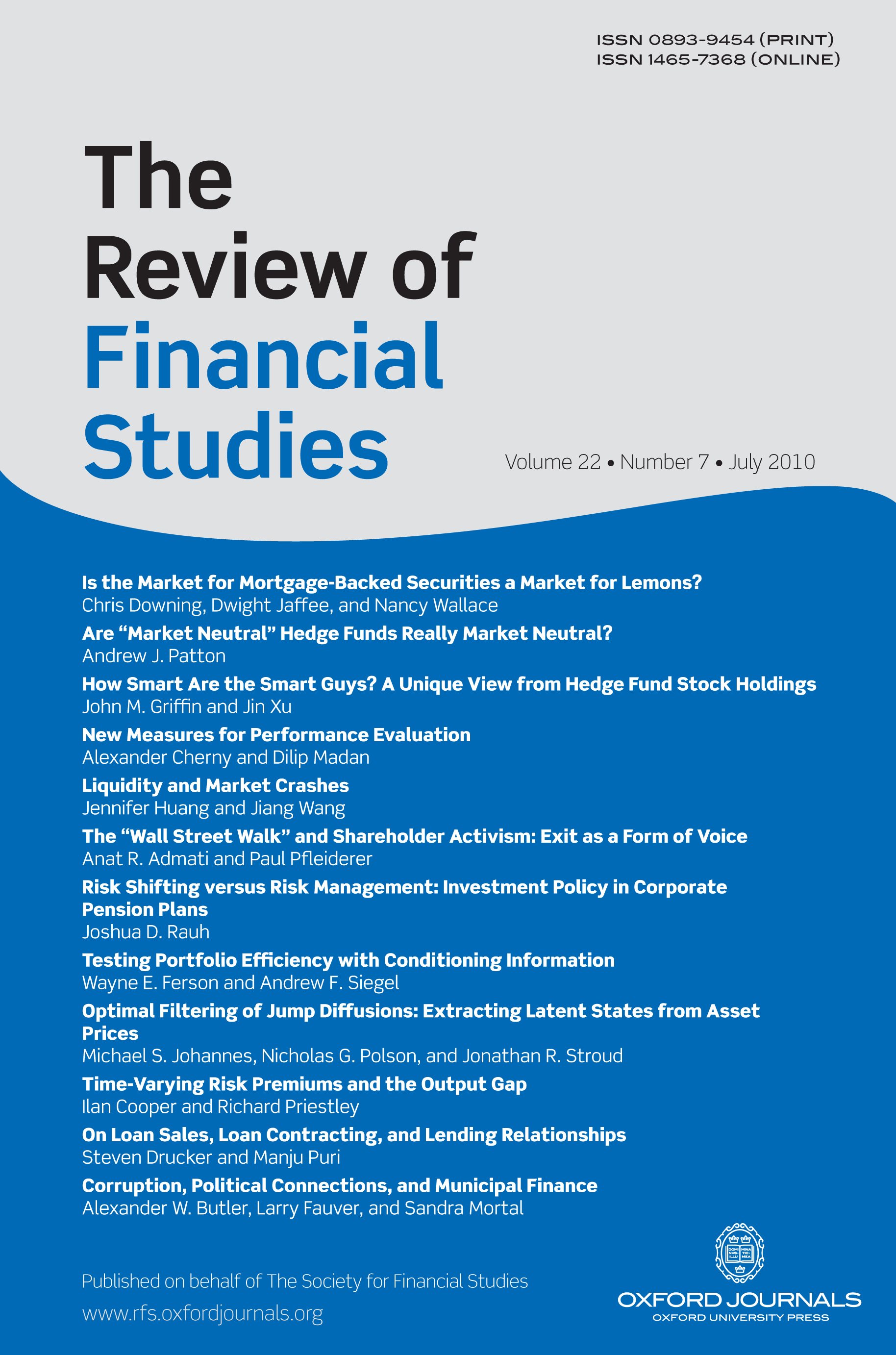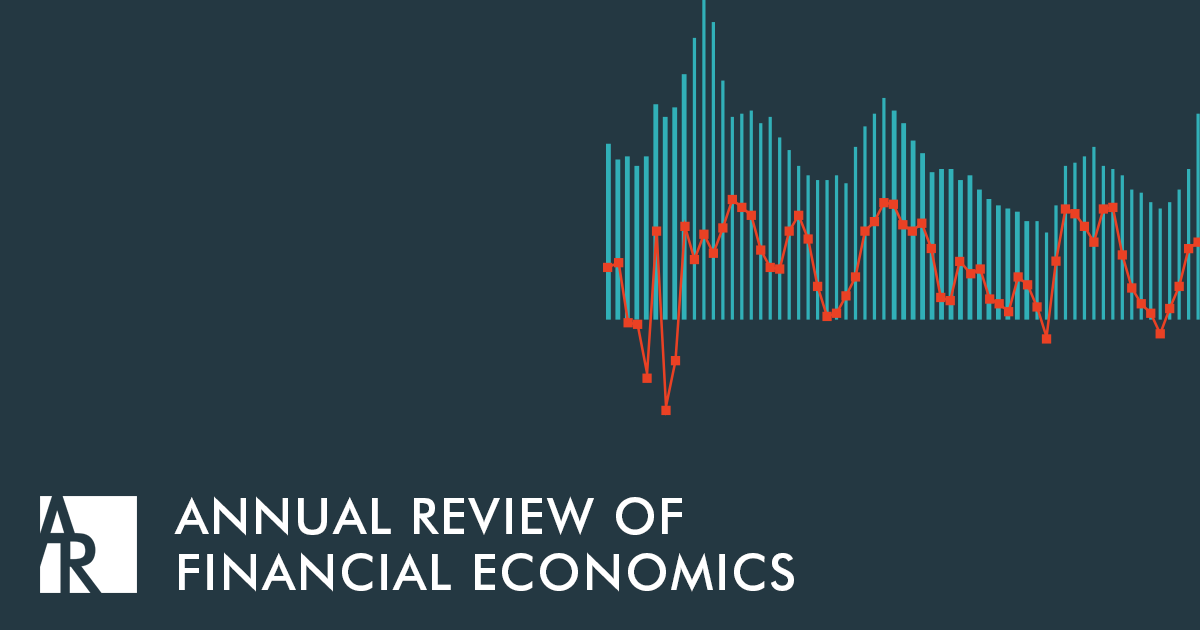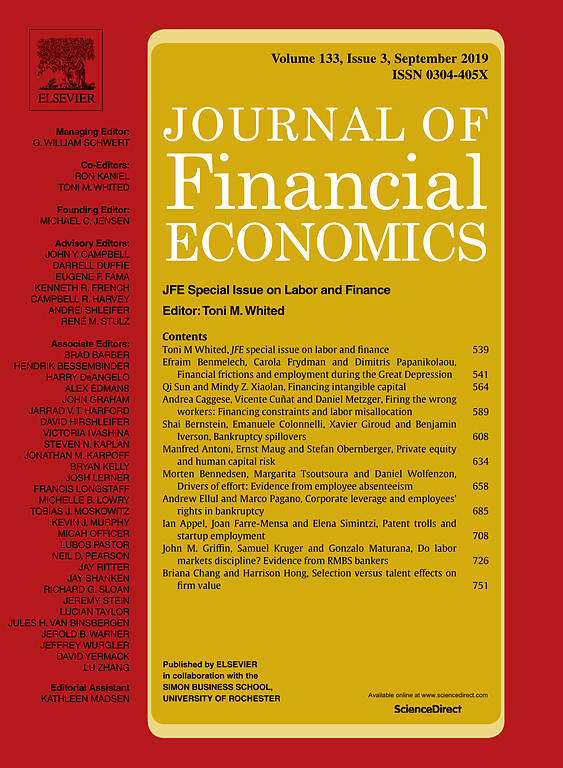Professorin Margarita Tsoutsoura, Ph.D.
Aktuelle Position
seit 4/23
Research Fellow der Abteilung Gesetzgebung, Regulierung und Faktormärkte
Leibniz-Institut für Wirtschaftsforschung Halle (IWH)
seit 1/22
Professorin
Washington University
Forschungsschwerpunkte
- Corporate Finance
- Entrepreneurship
- Innovation
Margarita Tsoutsoura ist seit April 2023 Research Fellow am IWH. Ihre Forschungsinteressen umfassen Corporate Finance, Innovationen und Entrepreneurship.
Margarita Tsoutsoura ist Professorin an der Olin Business School der Washington University. Sie ist auch Research Associate beim National Bureau of Economic Research (NBER), Research Fellow beim Centre for Economic Policy Research (CEPR) und Research Member beim European Corporate Governance Institute (ECGI).






